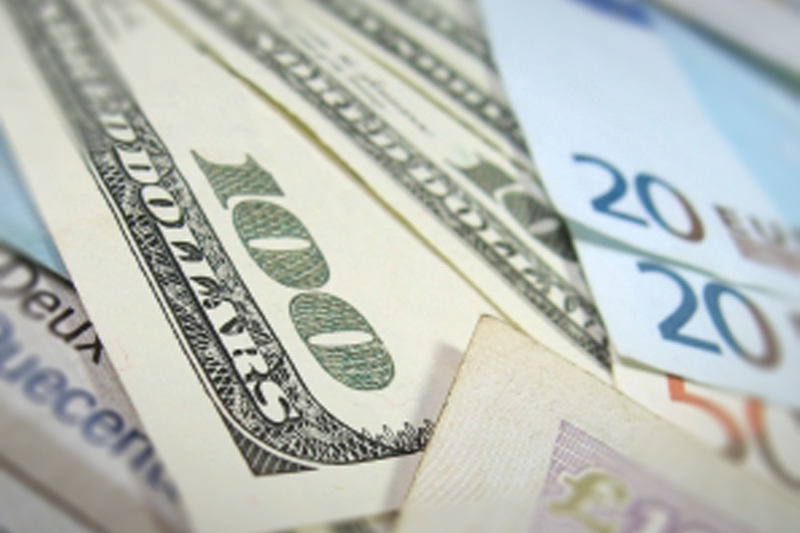Investing.com -- EUR/USD rose modestly to rally from sharp losses one session earlier, as emergency meetings in Brussels regarding the Greek Debt negotiations yielded little meaningful outcomes.
After tumbling more than 1.5% on Tuesday in one of its sharpest one-day losses of the year, the euro recovered in Wednesday's session gaining 0.28% to 1.1201. The currency pair wavered between 1.1160 and 1.1235, as currency traders kept a watchful eye on the start of an emergency two-day meeting of euro zone finance ministers.
EUR/USD likely gained support at 1.1080, the low from June 8 and was met with resistance at 1.1438, the high from June 18.
Although talks between the group of finance ministers was expected to persist well into Wednesday night or even Thursday morning, the discussions broke off quickly, lasting less than an hour before the group could draft a staff-level agreement. While technical talks between Greece with officials from the European Central Bank, European Commission and International Monetary Fund lasted longer, the two sides still were reportedly unable to bridge vast gaps on differences in pension, tax and financing issues. The sides are expected to reconvene on Thursday.
Any optimism for a deal on Wednesday that could unlock a critical stimulus package for Greece quickly faded amid growing contention between the IMF and the cash-strapped nation. A five-page document leaked by the IMF outlined broad proposals for Athens to enact sweeping pension reforms and measures aimed at generating additional revenue from Value-Added Taxes.
Before arriving in Brussels for high-level negotiations with officials from the European Central Bank and the IMF, Greece prime minister Alexis Tsipras criticized international creditors for its perceived unfair treatment of the Mediterranean state in comparison with other European nations under economic duress in the recent past.
"The repeated rejection of equivalent measures by certain institutions never occurred before-neither in Ireland nor Portugal," Tsipras wrote on his Twitter (NYSE:TWTR) account. "This odd stance seems to indicate that either there is no interest in an agreement or that special interests are being backed."
Greece is running short on time before a bundled payment of € 1.5 billion is due to the IMF on June 30. It is feared Tsipras' nation could leave the euro zone if it defaults on its sovereign debt, triggering potential contagion throughout the area.
Across the Atlantic, the U.S. Department of Commerce's Bureau of Economic Analysis upgraded its estimate of GDP growth for the first quarter from an initial projection of negative 0.7%, but still projected negative growth for the period at an annual rate of 0.2%. The decrease in real GDP in the first quarter primarily reflected negative contributions from exports, nonresidential fixed investment, and state and local government spending, the BEA said in a statement.
The downside pressures were partially offset by positive contributions from Price Consumption Expenditures, private inventory investment, and residential fixed investment. GDP growth is typically slow in the first quarter due to seasonal factors. In the opening quarter of 2014, the U.S. economy experienced even sharper losses as GDP declined by more than 2%. Advanced estimates for second quarter GDP will be released on July, where analysts anticipate growth of 2-3% during the period.
The U.S. Dollar Index, which measures the strength of the greenback versus a basket of six other major currencies, fell 0.21% to 95.44. A day earlier the dollar enjoyed one of its strongest sessions of the year spiking more than 1.2%
